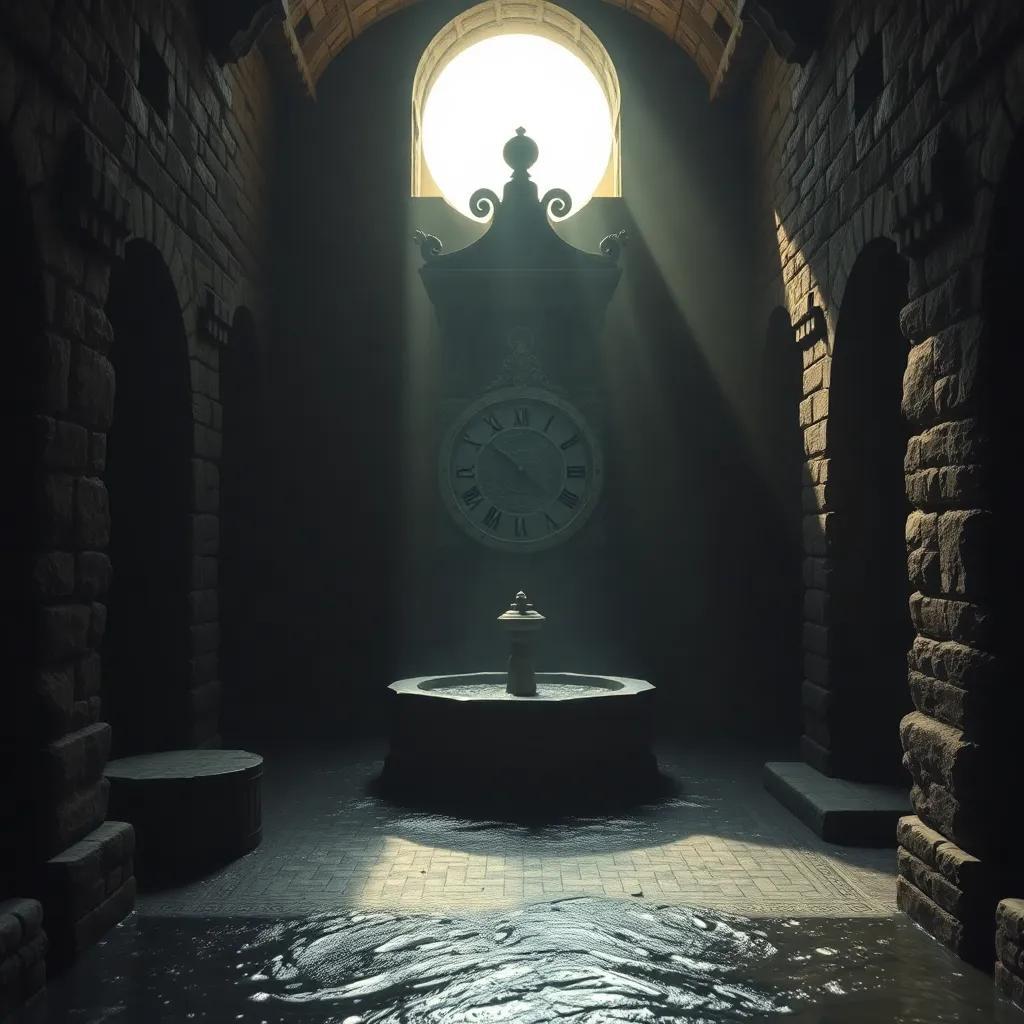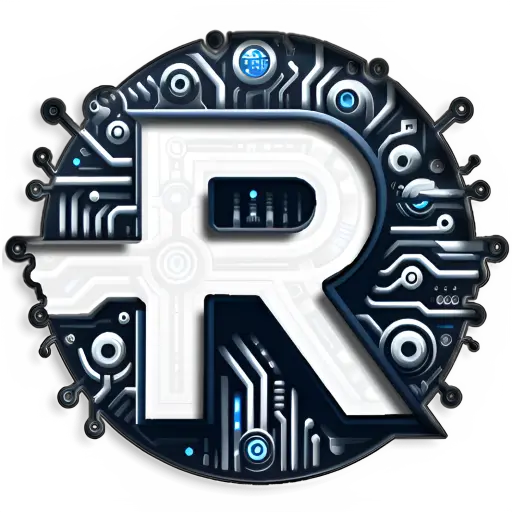Table of Contents
Timeless Water Wonders

What if I told you that humanity mastered the art of timekeeping over 3,500 years ago? The use of water clocks revolutionized how ancient civilizations measured time, proving that even in antiquity, precision mattered. Today, as we navigate a world increasingly driven by accuracy-more than 60% of consumers insist on precise delivery times-understanding the innovations of our ancestors takes on new significance. In this article, we’ll explore how ancient water clocks worked, their societal impact, and the lessons they impart on modern timekeeping technologies.
Ancient Ingenuity Revealed
The water clock, or clepsydra, was an ingenious device that used the steady flow of water to measure time. This ancient marvel played a crucial role in various cultures, from Egypt to Greece, highlighting the importance of accuracy in daily life and governance.
- How It Worked:
- Water flowed from one container to another at a consistent rate.
- Markings on the containers indicated the passage of time.
- Variations included designs that measured hours and half-hours.
- Cultural Impact:
- Used in religious ceremonies to time prayers.
- Essential for public speaking, ensuring speakers remained within allocated time slots.
- facilitated the development of early astronomy as it allowed precise night-time observations.
Remarkably, the balance of how much water flowed could yield time estimates accurate to within 15 minutes, showcasing a remarkable understanding of mechanics for that era. The continued use and evolution of these clocks underline humanity’s relentless pursuit of precision, a quest defining much of our technological advancement today.
Tracking Time’s Evolution
Fast forward to the present, and our need for technical precision is more sophisticated than ever. While the ancient clepsydra provided a basic means of measuring time, modern innovations have enhanced accuracy on a monumental scale.
Data from the past decade shows a marked shift towards digital and atomic timekeeping:
- technological Comparisons:
- Quartz Clocks: Provide accuracy to within 1 second per month.
- Atomic Clocks: Achieve precision to within 1 second every 15 billion years-a leap that reveals how far we’ve come.
Experiments at institutions like the National Institute of Standards and Technology show that atomic clocks are critical for GPS technologies, space exploration, and telecommunications, evolving from rudimentary devices to complex systems that underpin modern life. As we compare the reliability of ancient water clocks to today’s atomic precision, it’s clear that our quest for timekeeping excellence has only intensified.
Reimagining Timekeeping in Our Lives
The impact of ancient water clocks extends beyond their ancient roots; it lays the groundwork for contemporary systems that influence everything from business operations to personal organization. In a world where more than 70% of businesses cite time management as crucial for productivity, understanding these historical mechanisms can inspire a new generation of innovations.
consider:
- Transport: Modern logistics depend on precise time estimates for delivery scheduling, with late deliveries costing companies millions annually.
- Health Care: Timely medication dispensing, based on rigorous scheduling, can substantially impact patient outcomes-underscoring the need for precision.
By valuing the ancient methods that shaped early timekeeping, we can better appreciate the innovations that streamline our lives today, making time an invaluable currency in both personal and professional realms.
Ancient Insights, Modern Impact

In exploring the intricate legacy of the ancient water clock, we find a profound narrative of human innovation-a tale that transcends time itself. The connection between our predecessors and today’s relentless pursuit of precision reveals not just our fascination with time but its fundamental role in shaping civilization.
Reflect on this: What lessons can we learn from ancient timekeeping? As we strive for ever-greater accuracy in our technology-driven lives, the legacy of water clocks offers invaluable insights into the enduring quest for precision, ready to inspire future innovations.




